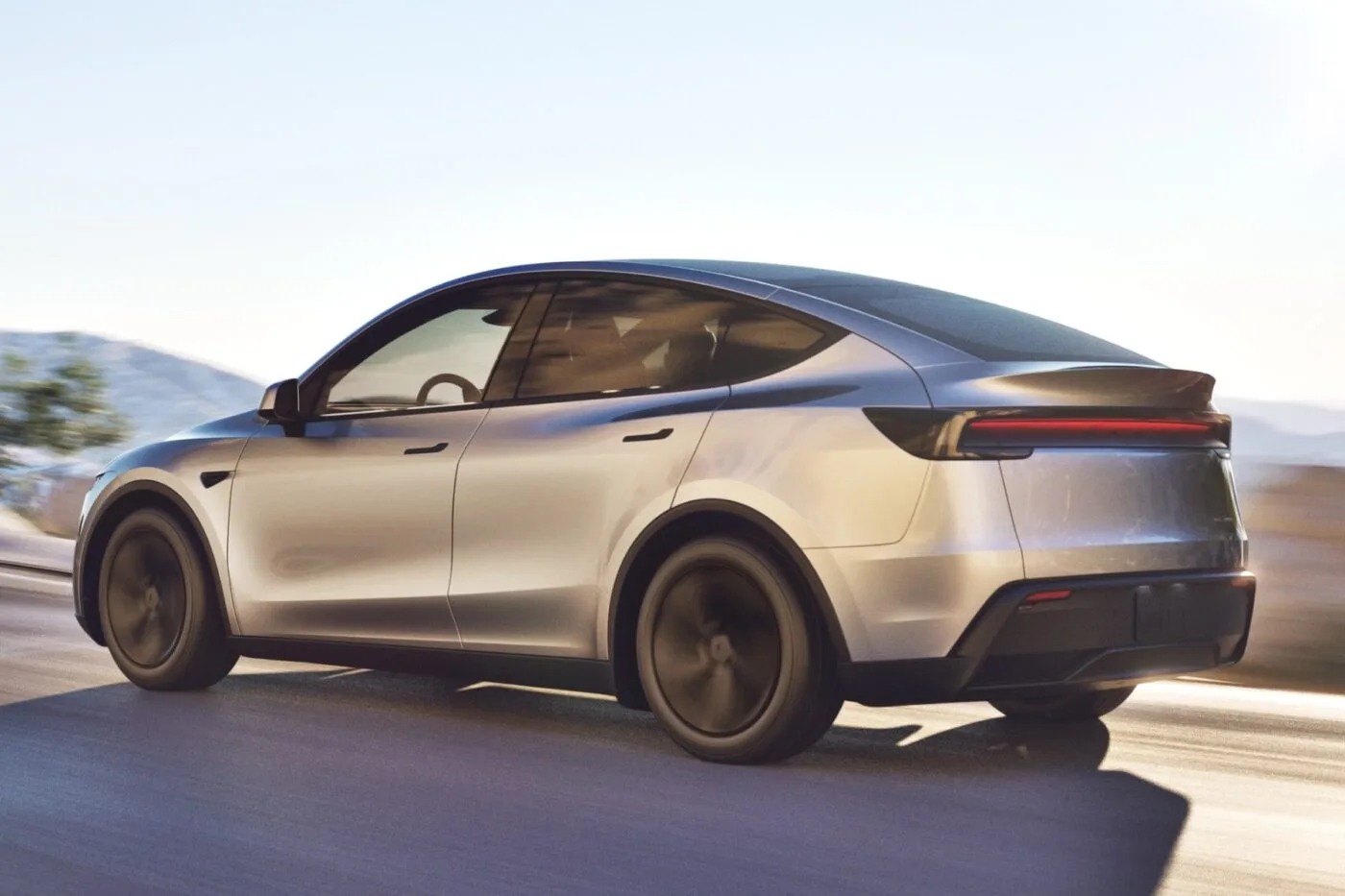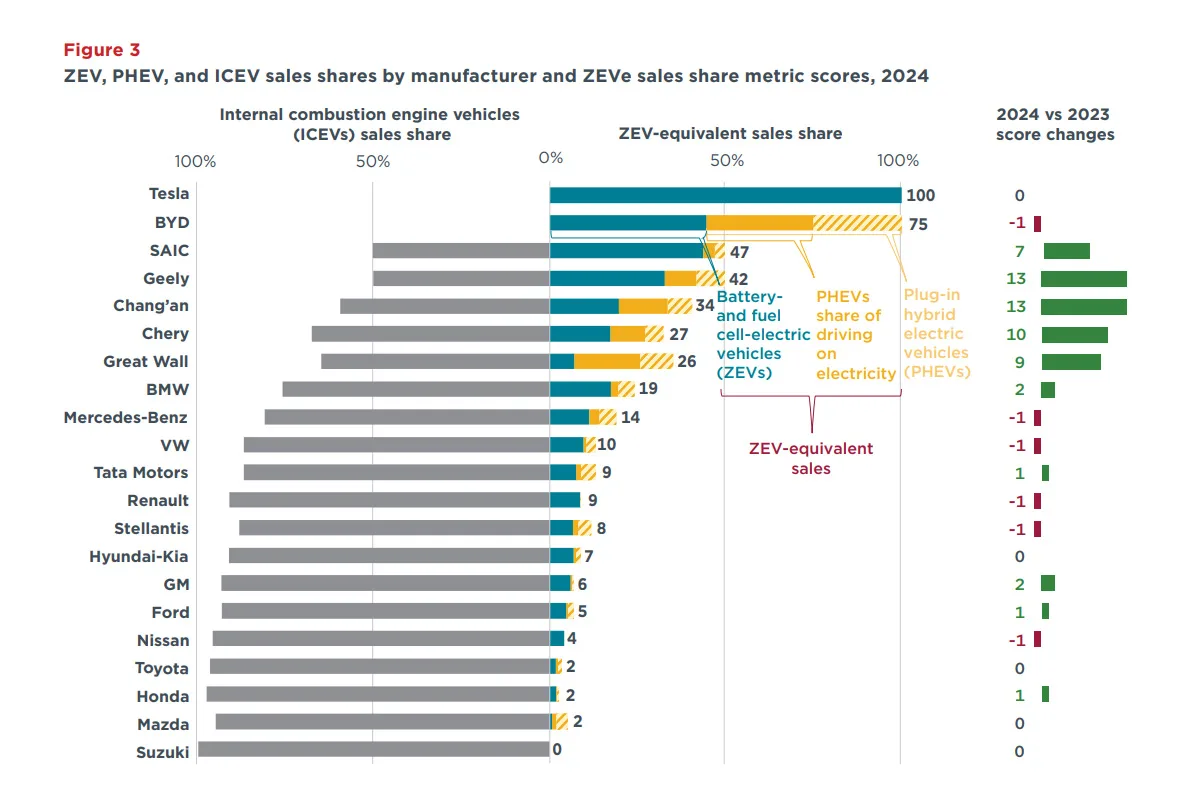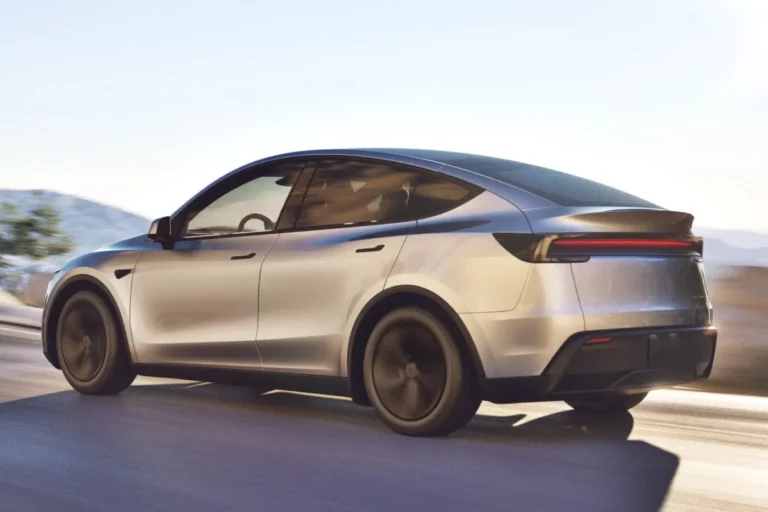ICCT Report Highlights China’s Dominance in Electric Vehicle Market
The International Council on Clean Transportation (ICCT) has released its third annual Global Automaker Rating, evaluating the world’s 21 largest automobile manufacturers on their progress in transitioning to electric vehicles (EVs). The report, which covers major markets including China, Europe, India, Japan, South Korea, and the USA, reveals that Chinese OEMs are significantly advancing in the EV sector.
Key Findings of the ICCT Report

While BYD outsold Tesla in battery electric vehicles for the first time in 2024, Tesla maintained its top position in the ICCT ranking due to its strong performance in other criteria such as fleet energy consumption and vehicle range. The report highlights that Chinese manufacturers, including Geely and Chery, are making significant strides in the EV market, improving their sales shares and introducing new models.
Shifts in Global EV Market Dynamics
The ICCT report indicates a growing gap between Chinese OEMs and their European counterparts. Geely, in particular, has made notable progress, moving up in the rankings alongside SAIC, and displacing BMW and Mercedes-Benz from their previous positions. Chery has also shown substantial improvement, transitioning from near the bottom of the rankings to the midfield.

In contrast, major automakers from Japan and South Korea are lagging behind. However, Honda and Nissan are making progress with new EV models and revised targets. Tata Motors has become the first manufacturer to move from ‘laggard’ to ‘transitioner’ status, thanks to its introduction of new EV models and efforts in battery recycling.
Global EV Sales Trends
The report notes that electric vehicles are expected to account for nearly 20% of global passenger car sales in 2024. Global EV sales continue to rise, with a 27% increase from 2023 to 2024, following a 26% jump the previous year. Despite this growth, many OEMs had anticipated a faster transition to EVs. As a result, some manufacturers, including Ford, Tata Motors, and Volvo Cars, rolled back or canceled their zero-emission vehicle (ZEV) targets in 2024.
The ICCT report emphasizes that while there’s significant momentum behind electrification, there’s still a need for greater transparency and commitment from automakers regarding their EV strategies and supply chains.



